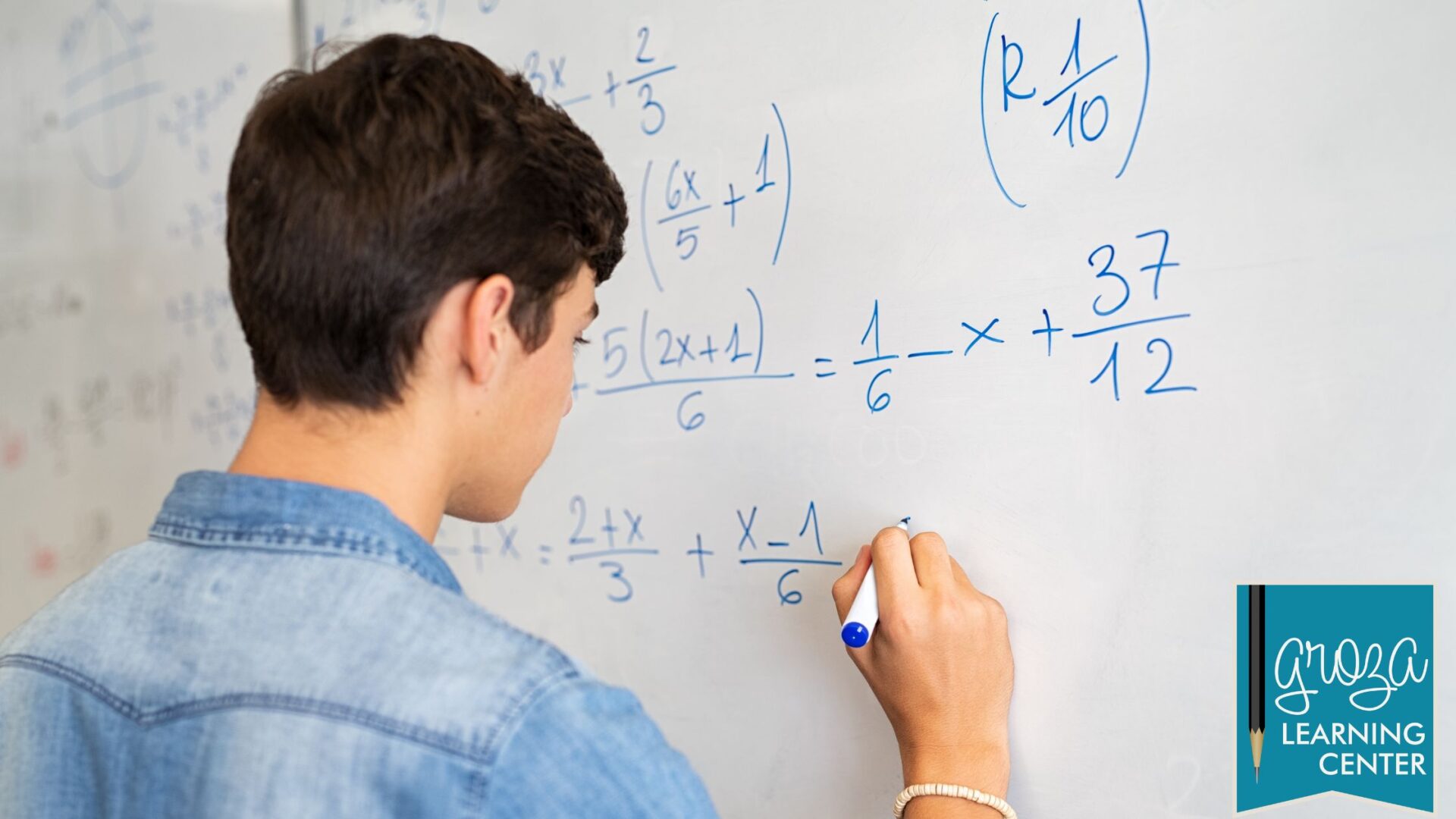
Math Skills to Focus on Before Summer Break
Ah, the countdown to summer break — sunshine, freedom from the school routine, and (let’s be honest) a collective sigh of relief from students and parents alike. But before we all run toward beach towels and barbecues, there’s one subject worth giving a little extra love: math.
Now, don’t worry — we’re not suggesting your child should spend their last weeks of school knee-deep in worksheets. But if there’s one thing that makes the transition into the next grade smoother, it’s reinforcing key math skills before summer hits.
Why? Because math is one of the easiest subjects to lose progress in when school’s out. That “summer slide” is real, especially when it comes to numbers. But the good news? A little math summer prep now can make a huge difference later.
So whether your child is catching up, keeping up, or getting ahead, here are the essential math skills to focus on before that final bell rings.
Why End-of-Year Math Matters More Than You Think
Think of math like a staircase. Each skill is a step, and when one is missing or wobbly, it’s harder to climb higher. The end of the school year is a golden opportunity to shore up any weak spots so your child enters next year with confidence—not confusion.
Plus, students who practice just a little math over the summer are less likely to forget the important stuff. That means they won’t spend the first month of the next grade playing catch-up while everyone else is moving forward.
Whether your child is in elementary, middle, or high school, taking stock of their math foundation now will pay off in the fall.
Core Math Skills by Grade Level
Let’s break it down by age group. Below are the essential math skills your child should feel solid in before heading into summer. Think of these as “must-haves” for a smooth transition into next year.
Early Elementary (Grades K–2)
In these early years, it’s all about building number sense. Before summer, your child should:
- Understand number sequences and patterns
- Count to 100 (and beyond)
- Add and subtract within 20 with confidence
- Identify shapes and basic measurements
- Begin skip counting by 2s, 5s, and 10s
Focus on making math feel fun. Use real-world examples—like counting fruit, sorting toys, or identifying shapes at the grocery store. You’ll be surprised how much learning can happen during everyday activities.
Upper Elementary (Grades 3–5)
These grades introduce more complexity, especially with multiplication and fractions. By year’s end, students should be able to:
- Know multiplication and division facts up to 12
- Understand place value into the thousands
- Solve multi-step word problems
- Compare, add, and subtract fractions
- Convert between units of measurement
This is also the stage where kids start saying, “I’m just not a math person.” If that’s happening, don’t panic. It often just means they need math tutoring that explains concepts in a different way—and helps rebuild their confidence.
Middle School (Grades 6–8)
Middle school math becomes more abstract. It’s the bridge to high school math, and gaps here can quickly snowball. Focus on:
- Ratios and proportions
- Negative numbers and absolute value
- Operations with decimals and fractions
- Pre-algebra basics (solving for x)
- Geometry concepts like area, volume, and angles
At this level, students are also learning how to think mathematically—organizing their work, checking their steps, and approaching problems systematically. If that mindset isn’t quite clicking, the end of the year is the perfect time for a little math help.
High School (Algebra and Beyond)
High school math is where the rubber meets the road, especially if your child is college-bound or preparing for standardized tests. End-of-year goals include:
- Mastery of algebraic expressions and equations
- Graphing linear and quadratic functions
- Understanding systems of equations
- Applying geometry theorems
- Foundations of statistics and probability
If your teen struggled with algebra or geometry this year, don’t just hope next year will be better. Math tutoring now can prevent a much bigger struggle later.
Fun and Effective Ways to Boost Math Skills Now
No need to break out the flashcards just yet (unless your kid loves them). There are plenty of low-stress ways to keep math alive in the next few weeks.
1. Use Math in Real Life
- Let your child help with cooking and measuring ingredients
- Budget for a family grocery run or vacation
- Track the weather or sports stats
Math is everywhere, and using it in real-life situations helps kids connect the dots between school and the world around them.
2. Online Games and Apps
There are tons of engaging math tools that feel more like games than lessons—Prodigy, Khan Academy, and Zearn are just a few.
Set a small daily or weekly goal and let your child feel the satisfaction of leveling up their skills without pressure.
3. Project-Based Learning
Math doesn’t have to be about speed drills. Try a DIY project like:
- Designing a dream bedroom with scale drawings
- Calculating how many tiles it would take to build a mosaic
- Creating a business and calculating costs and profits
These projects are great for integrating math with creativity, which is especially helpful for students who don’t “see” themselves as math-oriented.
Don’t Forget About the Emotional Side of Math
Math anxiety is real, and it doesn’t always look like fear. Sometimes it shows up as procrastination, frustration, or giving up too quickly. Kids start telling themselves, “I’m not smart enough,” or “I’ll never get this.”
If you notice this mindset creeping in, don’t just focus on the content—focus on the confidence. Sometimes, just hearing “You’re capable. You just need a different approach,” is the game-changer a child needs.
And sometimes, the best approach is simply getting help from someone who isn’t their parent or teacher.
A Little Support Now = A Smoother Start Later
Here’s the truth: You don’t need to “fix” everything before summer starts. You just need to lay a strong foundation.
Even a few weeks of targeted review can make next year easier and less stressful. And when your child starts the school year feeling confident—not confused—they’re more likely to stay engaged, participate, and succeed.
At Groza Educational Center, we know how to make math make sense. Whether your child needs to solidify core math skills, get a jumpstart on math summer prep, or finally feel confident with numbers, our personalized math tutoring programs are here to help.
We meet students where they are—no judgment, no rush—and guide them with patience, clarity, and encouragement. Our expert tutors tailor each session to match your child’s learning style and goals, turning confusion into confidence.
